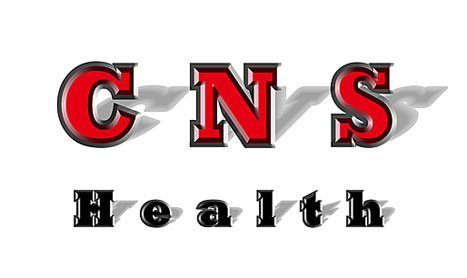BALTIMORE – Ollie Dorsey, a community health worker with the Faith Center for Community Wellness and Advancement Inc., in Baltimore, spends a lot of her time talking directly with people about how to keep their hearts healthy.
Through the Healthy Heart Beats Program, which is funded by a grant from the state health department, Dorsey goes into Baltimore communities to check blood pressure, talk about Body Mass Index – a measure based on weight and height – and get people started on exercise programs. Heart disease is the No.1 cause of preventable death in Baltimore, claiming approximately 2,000 lives each year, according to the organization.
“I consider myself the front line when it comes to working in the community and having a clear understanding of the communities I actually work,” said Dorsey, at the 11th Annual Maryland Health Disparities Conference in Baltimore Wednesday.
The day-long conference, which was sponsored by the Maryland Department of Health and Mental Hygiene Office of Minority Health and Disparities, brought together state health officials and experts from across the health care field to talk about the key role community health care workers play.
During an afternoon session, Dorsey said that with the help of various community partnerships, the program has been a success.
“With the residents, they’re wanting to — once you get there, once you establish trust with them — they are wanting to participate in this program,” Dorsey said.
Dorsey’s story was just one example highlighted at the conference of how health care workers have the capacity to improve the quality of local health and social services.
“The evidence today supports the role of community health workers and there are lots of examples from around the country of community health workers and their ability to deliver and connect patients to social and clinical services,” said Dr. Laura Herrera, deputy secretary of public health at the Maryland Department of Health and Mental Hygiene, addressing conference attendees.
She said the state, through a variety of initiatives, has been working to reform health care delivery by using community health care workers to make the connection between primary health teams – physicians, nurses, pharmacies — and community health teams — hospitals and local health departments.
Engaging individuals in primary care so they’re not using the hospital for preventative needs also creates an opportunity to address health disparities, Herrera said.
She said community health care workers are also important to the implementation of the Affordable Care Act.
“But as we all know the delivery system is very complicated and so having an insurance card does not mean better health care, so there’s a vital role for community health workers in helping to make that connection for those individuals that are newly insured,” Herrera said.
But integrating a community health care worker within the broader health care system can be a challenge.
Michael Rhein, president and CEO of the Institute for Public Health Innovation, said during a panel discussion that he’s seen both extremes: from community health care workers being asked to do menial jobs, to taking on the responsibilities of case managers.
Building awareness, education, training and really being clear about their scope of practice will help community health workers feel more included in their work environments, he said.
“We do great harm to individuals that are starting on a community health worker career to be in an environment that doesn’t embrace them and they’re not able to do the work that they’re trained for,” Rhein said.
Other challenges to the development of effective community health workers discussed at the conference were recruitment and retention of workers and funding and accessibility to training — to name a few.
Legislation proposed by state Rep. Shirley Nathan-Pulliam, D-Baltimore County, aims to address some of these issues.
Among other provisions, the bill, and a similar Senate version, seeks to have the state health department establish a task force that will concentrate on workforce development for community health workers throughout the state. It would also standardize the training and credentialing of community health care workers, according to the bill’s text.

